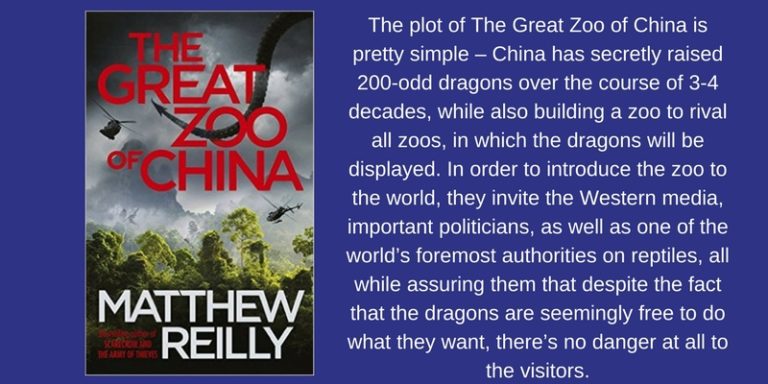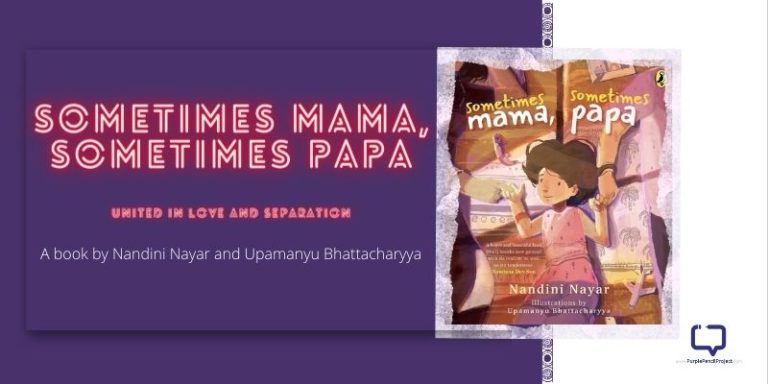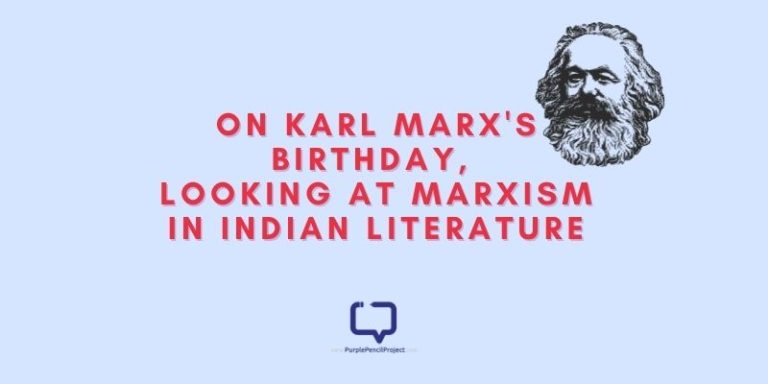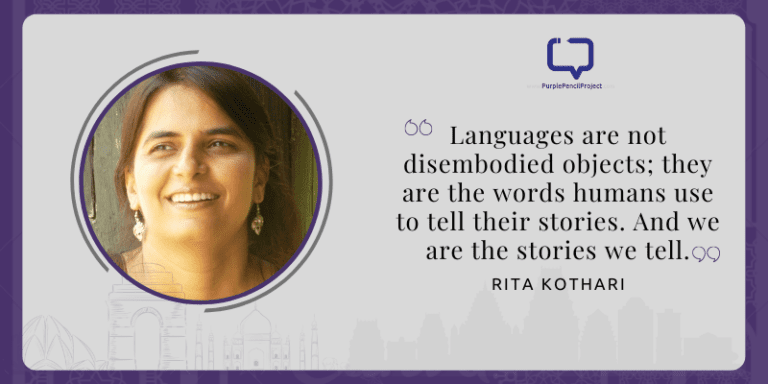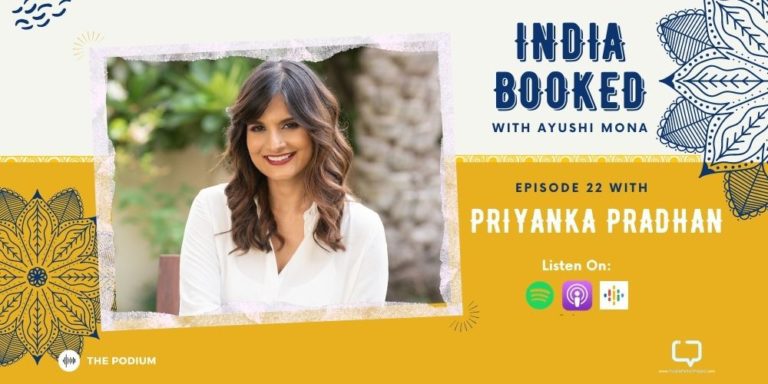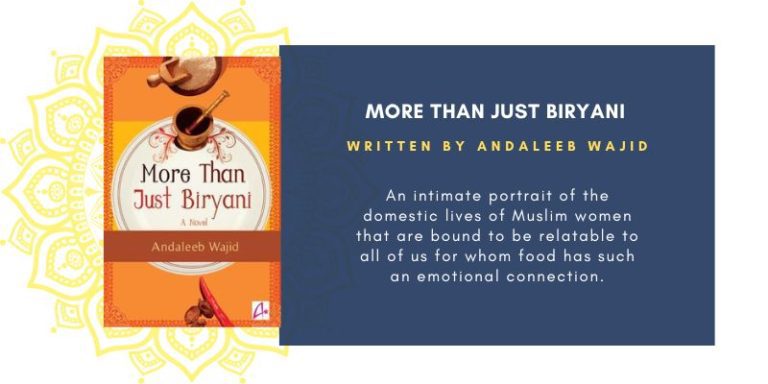How is it to participate in the Jaipur Literature Festival? What do you think is the value of literature festivals in our times, and for you as an author?
Kynpham Sing Nongkynrih: I’m very excited to be part of the greatest literary show in India. I have been to JLF twice before and both times were deeply satisfying. Literature festivals are like intellectual and emotional oases in the desert of material and too materialistic life. In this sense, they are ‘compensatory,’ to use a Jungian term. That is, they ‘can bring a one-sided … state of consciousness into equilibrium in an apparently purposive way.’
They can also be stimulating and inspiring. They certainly give great visibility and useful publicity to books and authors alike. For me, as a writer, they have been very productive. In fact, the beginnings of my novel Funeral Nights, for instance, can be traced back to the Kovalam Literary Festival in 2008. More of that later.
I also value literature festivals because they can afford great opportunities to meet old friends and form new friendships. I have friends from around the country with whom I would never have met but for some literature festival abroad.
We encourage you to buy books from a local bookstore. If that is not possible, please use the links on the page and support us. Thank you.
We have to begin with the magnum opus that is Funeral Nights. Had you imagined it would turn into something so grand? How many years in the making has it been?
Kynpham Sing Nongkynrih: As I said, the seed of Funeral Nights was sown at the inaugural edition of the Kovalam Literary Festival in 2008. By a quirk of fate, I was on the same dais with celebrities like Satchidanandan and Shashi Tharoor, reading my self-composed poems after Tharoor’s recitation of Mahmoud Darwish. After the session, a lady, beaming excitedly, approached me and said, ‘I must publish your poems!’ She introduced herself as Karthika, who, at the time, was the publisher of HarperCollins. I was stunned! It was so rare to be approached by a publisher in that way. I said, ‘Please, do! Please, do!’
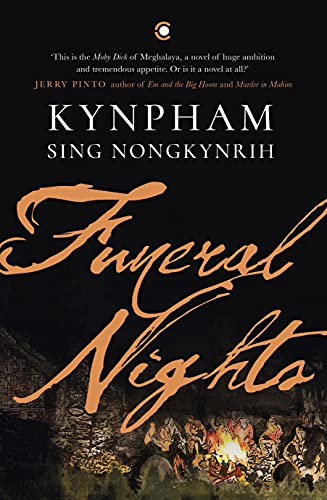
Among the poems I had read at the session was ‘Blasphemous Lines for Mother’. It has a line that reads ‘those days in Cherra,’ referencing Sohra or Cherrapunjee where I was born and spent a significant part of my childhood. Karthika was intrigued by ‘those days in Cherra’ and suggested that I write a memoir. Instead, I promised her a book that would challenge genres, something big and bad.
Have I succeeded? Jerry Pinto calls Funeral Nights ‘the Moby Dick of Meghalaya, a novel of huge ambition and tremendous appetite. Or is it a novel at all?’ Others agree that it is ‘A pathbreaking novel in both its writing and subject,’ one ‘that happily defies all attempts at constriction,’ that blurs the lines between fiction, nonfiction and travelogue … and, in a unique way, bends different genres …’
I started researching for the book in 2008 itself. I finished the entire process—writing (1600 pages, initially), editing and proofing only towards the end of 2020. But that’s also because I’m not a full-time writer.
The detail in the book is astounding – and as Khasi-born, I am sure you grew up with a lot of these stories – but to put it together, to bring it back from memory – did you have to research? Speak to people or visit the archives?
Kynpham Sing Nongkynrih: To write such a big book, one has to do a lot of research, obviously. I read hundreds of books on a wide range of topics, visited places and spoke to a lot of people. I retold many of the Khasi folk stories in my own way—dramatizing them as it were. But there are other kinds of stories too.
While talking about Khasi life and manners, I tried to engage with the readers through stories about diverting incidents and characters, stories, long and short, that have clung to me since childhood. I have nursed these stories over many, many years with tender care in the flower pots of memory. Others have been gathered from life’s varied experiences, carefully picked like mushrooms from the dark floor of a lush pine forest.
It has been called the Moby Dick of India by Jerry Pinto – were you directly influenced by the writer and his work?
Kynpham Sing Nongkynrih: I was rather influenced by Boccaccio’s The Decameron and The Arabian Nights. I adopted, to some extent, their narrative frames. From Plato’s Socratic Dialogues, I adopted the conversational style to grapple with weighty issues like race, ethnic identity and moral and religious philosophy.
But uncannily, there is also a lot of resemblance between the book and Moby Dick. The Wire review, for instance says: ‘If Moby Dick can be seen as “more than just a novel of adventure, more than an encyclopedia of whaling lore and legend,” and as a book that is “part of its author’s lifelong meditation on America,” then the same thing can be said about Funeral Nights. It is indeed “intimate access to a whole world, spectacular in its documentation of a tribe’s life and culture such as has never been attempted before”.
But more than that, it is essentially about what it means to be human in a world increasingly precarious.
Author Kynpham Sing Nongkynrih reads from his book, Funeral Nights on our YouTube Channel – The Purple Corner.
What kinds of books do you read, who have influenced you as a writer? Are there recommendations of lesser known translations of Khasi works that you would have to give our readers?
Kynpham Sing Nongkynrih: I read all kinds of books: poetry, fiction, non-fiction and drama. The only criterion is that it should engage my attention. I want a book to inform and enlighten me, to make me think and feel deeply. A good book should sensitize the soul and make the heart more empathetic. Right now, I’m rediscovering the splendid and quiet poetry of Adam Zagajewski. Before I sleep, I listen to P. G. Wodehouse.
There are some excellent writers among Khasis. My favourite in Poetry is Soso Tham, and my favourite in prose is S. J. Duncan, but unfortunately good translations are not really there.
Cover Image Courtesy: Twitter/KarthikaVK











